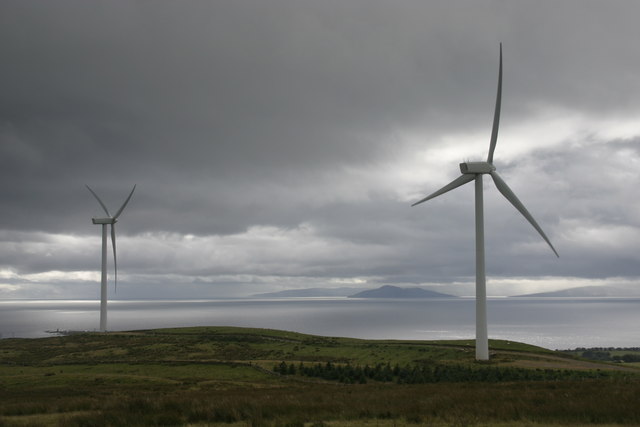
The Election is over, The Queens Speech announced, so what does this means in terms of renewable energy for farmers and landowners?
The new Conservative government appears to be preparing to implement cuts for large scale wind and solar farms – renewable energies often lambasted as ‘eyesores’ by those seeking to preserve the countryside. It is clear that renewable energy is here to stay, having cemented its status as a mainstream financial draw for farmers and a vital part of the UK’s commitment to climate change reduction. However, once the dust from the election settles, there may be several new obstacles to overcome for new developments. Here Victoria Lancaster, Head of Renewables for H& H Land and Property who operate across the North of England and Scottish Borders, gives her advice for getting the most out of renewable energy amidst the cuts.
The Queen’s Speech announced the Conservative government’s intention to remove the need for the Secretary of State’s consent for very large onshore wind projects of 50MW and above.
“This will mean that in future the primary decision maker for large onshore wind consents in England and Wales will be the local planning authority,” states the Energy Bill. The aim of this is to give local communities the final say in whether or not a wind farm receives approval or not, however it does not affect Scotland or Northern Ireland.
The Energy Bill also states its intention to ‘announce measures soon’ regarding the Conservative commitment to end the subsidy for onshore windfarms. These measures could have a prohibitive impact for developers, slowing the growth of windfarms across England and Wales. We could well see a spike in development as planners rush to begin projects before the new changes are implemented.
It is becoming apparent that certain forms of renewable energy are ‘safer’ investments than others. Anaerobic digestion and the heat-producing technologies tend to be more acceptable to planning authorities and to local communities. But for those looking to invest in large scale wind and solar farms, Victoria advises farmers to obtain planning permission as soon as possible so their project can fall within the current tariffs rather than endure the uncertainty of cuts, which are as yet unclear.
Leasing land can also be a lucrative aspect of renewable energy for farmers, yet as with investment, experts urge caution. Knowledge of renewable energy is crucial when conducting a business deal and therefore before entering any deals with developers consulting an expert should be a priority. “We know from experience that not all companies are as reputable as they appear, so to avoid losing out, hire a professional to ensure your developer is legitimate and experienced.” Says Victoria.
Victoria recommends that legitimate developers should:
1. Have a substantiated track record that is demonstrable to you as a potential customer
2. Offer you a reasonable rent and fair terms & conditions
3. Cover your solicitor’s and agent’s fees, thereby preventing hefty legal costs should the deal fall through
4. Invest in a decommissioning bond as it is essential to ensure that the land is cleared of construction materials after building work is complete
Failure to negotiate a fair Lease and Option Agreement could prove extremely costly, and it is therefore imperative to check the fine details prior to signing any deals.
In terms of immediate future changes it is likely that only farm scale renewables will be directly affected, with smaller scale forms of renewable energy such as roof mounted solar panels, domestic biomass boilers and heat pumps being regarded as relatively ‘safe bets’ by the industry. In particular, installing forms of green energy that do not require planning permission are likely to be less affected by cuts to tariffs. However, Victoria recommends acting to install any small scale technologies as soon as possible to avoid any nasty surprises in the future.
There is no doubt that renewable energy is here to stay and offers a particularly lucrative side line for those in the agricultural industries. However, as new legislation and tariff cuts loom it is now more important than ever to proceed with caution and seek the advice of experts to ensure renewable energy remains a good investment.
